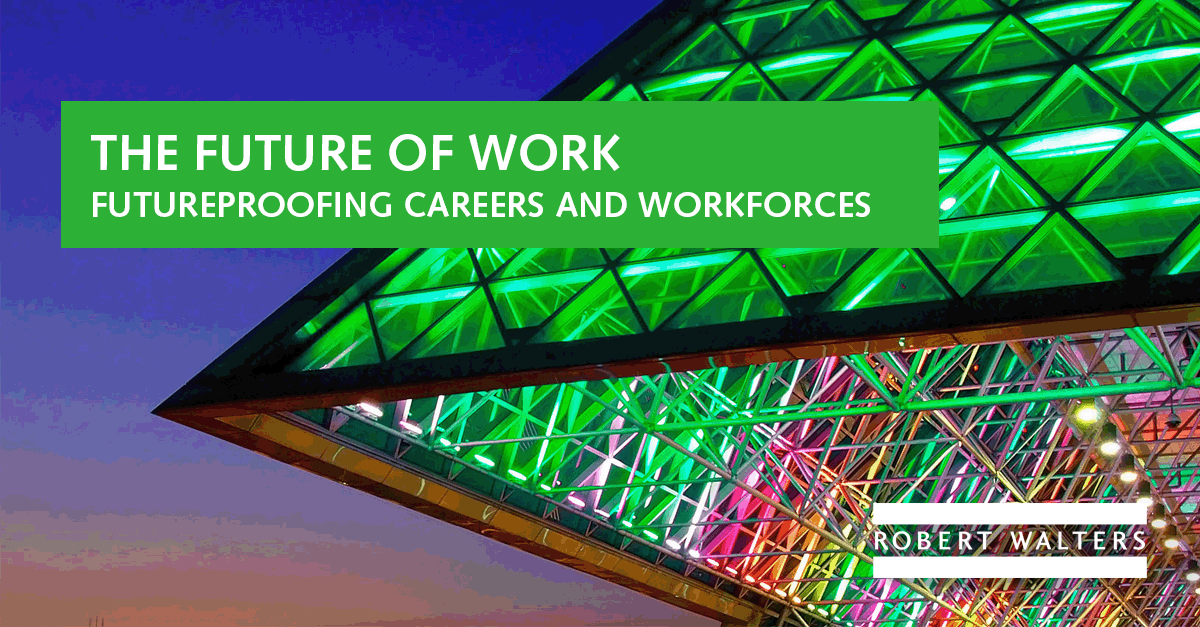The future of work - futureproofing careers and workforces
The Covid-19 pandemic led to the world’s largest ever workplace experiment as companies were forced to quickly mobilise their workforces from office-based working to home working with very little warning or preparation.
Employees who had never previously worked from home before began to experience the impacts on their health, family relationships and mental wellbeing. Managers discovered that their teams could remain productive and connected while working remotely.
But, what have we learned and how might this shape the future of work? And which of the perceived positives of flexible working should Hiring Managers approach with caution when planning their workforces of the future?
Download the e-guide to learn more about:
- The new era of flexibility
- Tomorrow's most in demand skills
- Leading in the new era of work
- Curating a workforce for the future
- Preparing your organisation for the future
Related content
View AllThe COVID-19 pandemic forced employers and workforces to scramble towards hybrid working: a mix of office and offsite working. But while necessity is the mother of invention, it’s not always the mother of perfection. Many organisations are now operating with hastily constructed working models that c
Read MoreSkilled Filipinos have always been sought after and the digitalisation has only seen demand for local professionals rise. With millions of Filipinos residing overseas, there is a unique pool of talent outside of the country and professionals with skills and qualities that companies can tap on. Howev
Read MoreIn today's era of digital disruption, every organisation, tech and non-tech alike, is competing for the very best tech professionals to drive their businesses ahead. With such tough competition, how can companies attract and secure the people they need? Tapping on our extensive network, we spoke to
Read More
